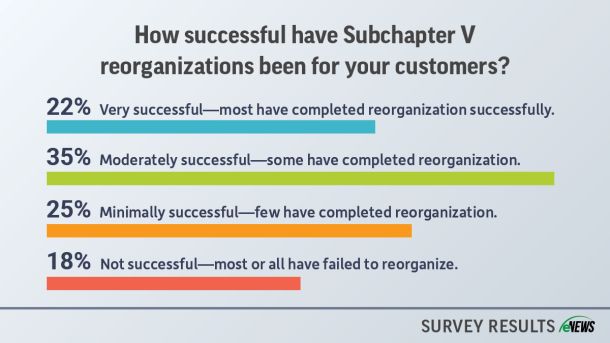Oct 4, 2024
Week in Review
Interest rate cuts could trigger changes in customer spending habits
The Federal Reserve cut interest rates by half a point in September, the first cut since 2020. The Federal interest rate sits between 4.75% and 5%, hopefully mitigating the effects of high inflation and offering individuals and businesses a bit of relief. Despite this recent cut, the interest rate is nearly double the pre-pandemic rate.








